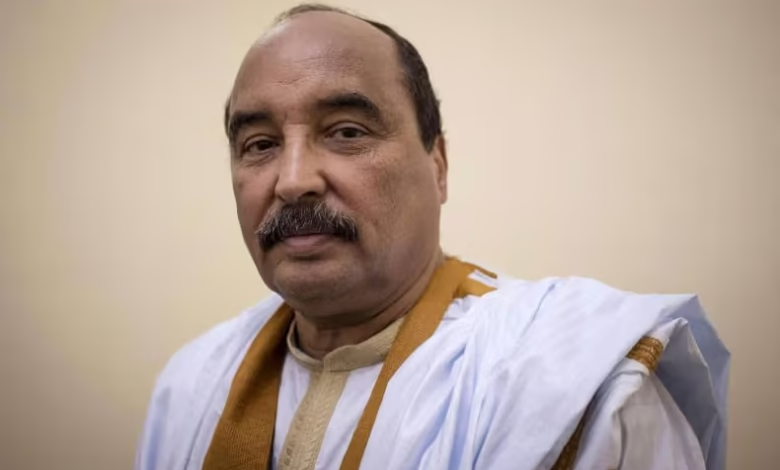Mauritanian Court Hands Former President Abdel Aziz 15-Year Sentence in Landmark Corruption Case

Mauritania’s former president, Mohamed Ould Abdel Aziz, has been sentenced to 15 years in prison by an appellate court, following a major corruption trial that has captivated the country and drawn international attention.
The ruling comes after both the state and the defense appealed a previous five-year sentence handed down in December 2023. On Wednesday, the court sided with prosecutors, citing the gravity of Abdel Aziz’s offenses during his decade in power.
Abdel Aziz, who seized power in a 2008 military coup and later won elections in 2009 and 2014, was at the helm of Mauritania for ten years. Though once viewed as a reliable Western partner in the fight against jihadist groups in the Sahel, his post-presidency has been marred by allegations of widespread graft.
A sweeping investigation dubbed the “Decade of Corruption” uncovered what authorities described as a vast network of embezzlement, money laundering, and abuse of power tied to Abdel Aziz and his inner circle. Investigators froze more than $100 million in assets allegedly connected to him and his family.
The case became the longest-running corruption trial in Mauritania’s history. Alongside the extended prison term, the appellate court also ordered the dissolution of Al-Rahma, a charity linked to Abdel Aziz’s son, and seized its assets.
The ruling is a rare example of an African head of state being held accountable after leaving office. While some cases—like that of Zambia’s Frederick Chiluba—have made headlines, few result in lasting consequences.
Transparency International consistently ranks Sub-Saharan Africa as the world’s most corruption-prone region, with most countries scoring below 50 on its Corruption Perceptions Index.
Though some view Abdel Aziz’s conviction as a turning point, many remain skeptical. Across the continent, entrenched political elites often enjoy de facto immunity, shielded by loyalist-controlled institutions.
Still, for Mauritania, this case sends a bold message: even the highest office does not guarantee protection from the law.



